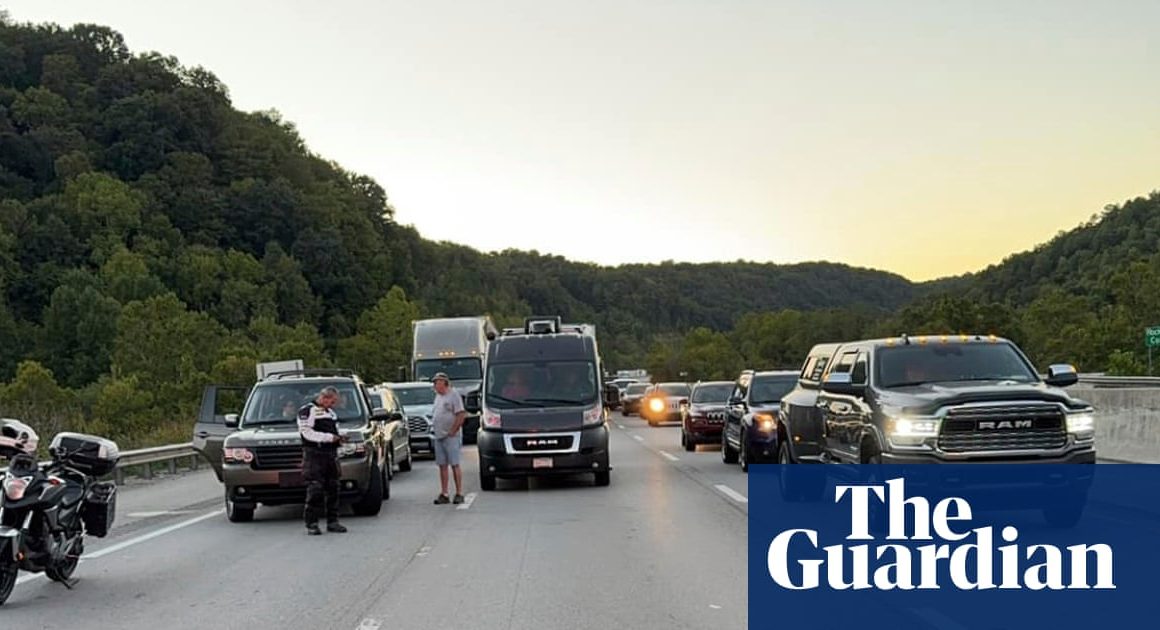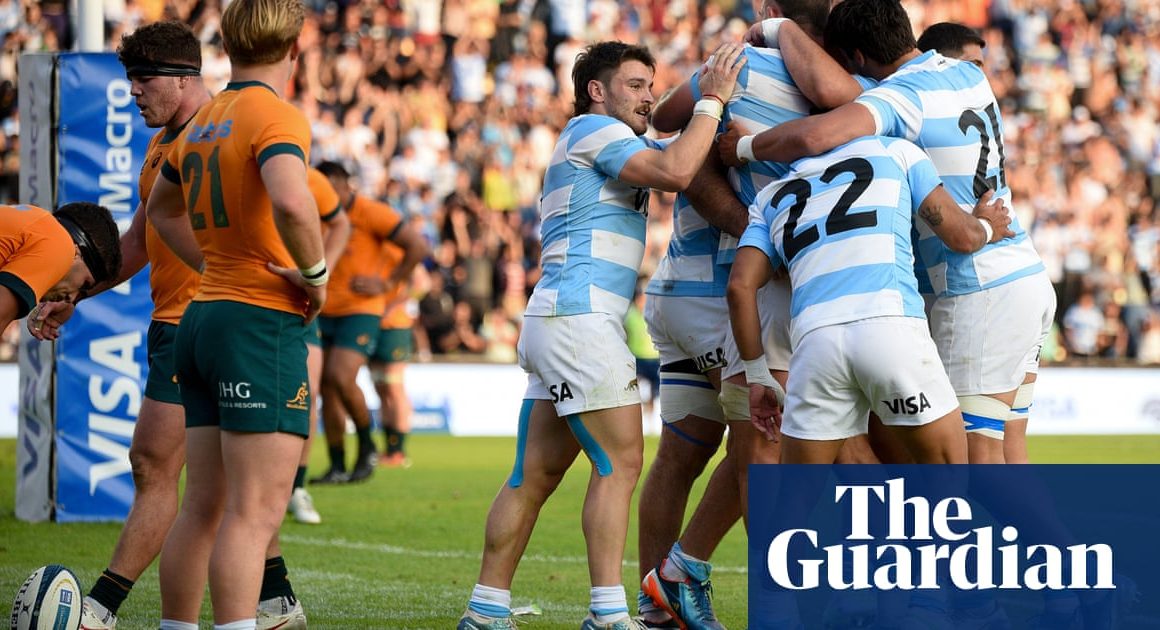Lithuaniaâs president, Gitanas NausÄda, appears on course for a second term after an election dominated by the war in Ukraine and fears over neighbouring Russia.
NausÄda was ahead with 46% after almost all votes from Sundayâs election had been counted while prime minister Ingrida Å imonytÄ had 16%. As no candidate won more than 50% the pair will head to a run-off election on 26 May.
Speaking to reporters after voting ended, NausÄda pledged to keep up pressure on the countryâs western allies for increased military support for Ukraine.
âUkraine President Volodymyr Zelenskiy already said it all. They donât need our declarations of good will, they are of no use in a fight â they need air defences ⦠Until they have air defences, Ukraine will stay vulnerable,â he said.
The 59-year-old former banker said he was confident of victory in the second round and would require âno strategyâ to campaign against Å imonytÄ.
Å imonytÄ, the current prime minister and the only woman among the seven candidates who ran, is a 49-year-old fiscal conservative with liberal views on social issues.
NausÄdaâs campaign focused on Russiaâs war in Ukraine and its impact on Lithuaniaâs national security, including the prospect of a potential act of aggression by Russia on Lithuanian territory.
Just over half of Lithuanians believe a Russian attack is possible or very likely, an Elta/Baltijos Tyrimai poll has found; this is a common feeling across the Baltics.
Last week the countryâs foreign minister, Gabrielius Landsbergis, raised the prospect of an ad hoc coalition of western countries sending military training personnel into Ukraine backed by ground-based air defence, lending support to ideas mooted by the French president, Emmanuel Macron.
Most of the candidates running in Sundayâs election, including Å imonytÄ and NausÄda, told the national broadcaster they kept food stockpiles at home ready in case of a military conflict. âI am doing all I can to make sure it will not be needed,â NausÄda said during a televised debate.
NausÄda and Å imonytÄ support increasing defence spending to at least 3% of Lithuaniaâs GDP, higher than the expected 2024 average in the EU of 2%, and a fraction of the estimated 30% of GDP the Kremlin is putting in Russiaâs war economy.
after newsletter promotion
The Baltic states feel exceptionally vulnerable to the threat from Russia, with the first of 4,800 German troops arriving last month as part of a Nato plan to strengthen security between now and 2027. European leaders believe that even if a peace deal were struck in Ukraine, Putin would regroup with the aim of launching further incursions in the next decade.
The aim is to pay for the modernisation of Lithuaniaâs army and infrastructure to support a brigade of German troops â and their families â that will be deployed in Lithuania and combat-ready from 2027.
While agreeing on Russia policy, the two top candidates in the election differ on issues such as same-sex civil partnerships, which NausÄda opposes, and have a history of acrimonious bickering and refusing to speak to each other.
Lithuaniaâs president has a semi-executive role, which includes heading the armed forces and chairing the supreme defence and national security policy body, and representing the country at EU and Nato summits.
Reuters and Agence France-Presse contributed to this report












